In the context of global competition and the strong shift of the international order, cultural diplomacy is increasingly considered a strategic tool to help countries affirm their position and promote soft power.
Vietnam has issued the Cultural Diplomacy Strategy to 2030, affirming the importance of linking culture with politics , economics and comprehensive foreign affairs.
VNA reporter had an interview with Permanent Deputy Minister of Foreign Affairs , Chairman of the Vietnam National Commission for UNESCO Nguyen Minh Vu about the mission of cultural diplomacy in the new era.
- Vietnam has a Cultural Diplomacy Strategy until 2030. Could you please tell us how the integration of cultural diplomacy with political and economic diplomacy is being implemented?
Permanent Deputy Minister of Foreign Affairs Nguyen Minh Vu: Right from the beginning of the renovation policy, our Party and State have identified cultural diplomacy as one of the three pillars of comprehensive diplomacy, alongside politics and economics.
In fact, these three areas are closely linked and complement each other, in which culture is both the foundation and the catalyst for effective political and economic diplomacy.
In terms of politics, cultural diplomacy contributes to creating a favorable environment, enhancing the prestige, position and image of the country. Ho Chi Minh's culture and ideology have become an international source of inspiration, and many Vietnamese cultural celebrities such as Nguyen Trai, Nguyen Du, and Ho Xuan Huong have been honored by UNESCO.
During high-level visits, we always incorporate cultural elements to leave a deep impression. Notably, the General Secretary and his wife attended the inauguration ceremony of the Ho Chi Minh Memorial Room in Azerbaijan; the General Secretary and his wife joined the French President and his wife to visit the Temple of Literature; the President and his wife welcomed the Belgian King and Queen to visit the Imperial Citadel of Thang Long; or the Prime Ministers of Vietnam and Thailand experienced making Dong Ho folk paintings - events of high symbolic value, contributing to building the image of a Vietnam rich in cultural identity, profound and trustworthy.
The Vietnam-UNESCO relationship is also a clear example. Vietnam not only actively contributes ideas and initiatives, but also participates more and more deeply in the management mechanism of UNESCO. The successful candidacy and assumption of many important positions in this organization demonstrates international trust and opens an effective political and diplomatic channel.
In terms of economy, cultural diplomacy has been effective in promoting local images, promoting trade, attracting investment and boosting the “heritage economy” - a new direction of harmonious and sustainable development.
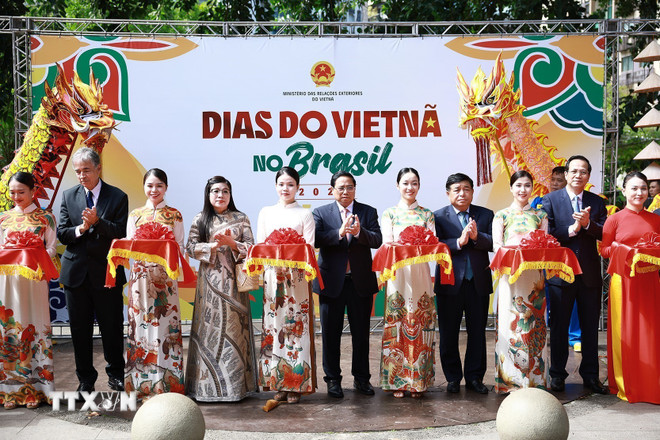
Since 2021, many cultural diplomacy programs to promote the economy, such as "Vietnam Week/Day Abroad" and "Vietnam Learning Day", have been organized on a large scale in many countries, integrating art performances, cuisine, traditional handicraft exhibitions, tourism promotion and meetings with businesses and localities.
These are comprehensive cultural-economic-political events, attracting international friends, promoting tourism, promoting local/business brands and forming cultural-economic value chains, contributing to expanding development space for businesses and localities.
Another highlight is the “heritage economy.” UNESCO-listed heritage sites not only have spiritual value, but also become a source of sustainable economic development. In Hoi An, Ninh Binh, Quang Ninh or Hue, heritage has created a strong tourist attraction, creating a development boost for localities, promoting green tourism, circular economy and improving sustainable livelihoods for the community. To date, Vietnam has 73 UNESCO titles, leading ASEAN.
Overall, integrating cultural diplomacy with political and economic diplomacy is not only a requirement and task in implementing the Cultural Diplomacy Strategy to 2030, but also a long-term vision to build a comprehensive and modern diplomacy, for the national and ethnic interests, for the future development of the country.
Cultural diplomacy does not stand alone, but blends with other diplomatic pillars, deepening and expanding Vietnam's space for cooperation and development in a volatile world.
- How does the Deputy Minister evaluate the role of overseas Vietnamese in spreading Vietnamese culture to the world?
Permanent Deputy Minister of Foreign Affairs Nguyen Minh Vu: There are currently nearly 6 million Vietnamese people living in more than 130 countries and territories. This is an important force, both attached to the homeland and deeply integrated with the local community, becoming "unofficial cultural ambassadors" but extremely effective - contributing to preserving and spreading Vietnamese cultural identity in the international flow.
Wherever there are Vietnamese people, there are vivid manifestations of Vietnamese culture: language, customs, beliefs, cuisine, community spirit. Lunar New Year, Mid-Autumn Festival, Hung Kings' Commemoration Day... are held regularly in many countries, attracting not only the Vietnamese community but also international friends to participate. The Ao Dai in festivals, pho, fried spring rolls, bread... have gone beyond the community to become cultural bridges.
One thing worth appreciating is that with closeness and sincerity, Vietnamese culture is not only preserved by Vietnamese people, but also gradually loved and spread by international friends.
From their love for Vietnamese culture, foreign friends gradually become companions - sharing, introducing and proactively learning and practicing Vietnamese culture.
Many French, German, American, Australian people... participate in learning Vietnamese, practicing Vovinam, learning to cook Vietnamese food, and wearing Vietnamese ao dai.
There are international friends who celebrate Lunar New Year with Vietnamese people, and world-famous chefs who choose Vietnamese cuisine as their main creative direction.
Love for culture has no borders, and when Vietnamese culture touches the hearts of foreigners, it is no longer limited by geography. That culture has stepped out into the world with its own identity, with its natural appeal, quiet but enduring.
Spreading Vietnamese culture to the world is not the story of a few events, but the persistent journey of an entire community.
And in that journey, overseas Vietnamese are the living bridge, the unceasing cultural flow, bringing Vietnamese identity further, deeper, and to be known, loved, shared and spread by the world.
- In the era of growth, how is the role of cultural diplomacy defined?
Permanent Deputy Minister of Foreign Affairs Nguyen Minh Vu: Our country is entering a new era, an era of striving towards prosperity and strength, with the goal of "rich people, strong country, democracy, fairness, civilization," requiring the entire political system and the whole society, and each citizen to work together to contribute.
In that context, the diplomatic sector in general and cultural diplomacy in particular must be placed in a new mindset and position and have a new mindset and approach to performing their role in the overall foreign affairs and international integration work according to Resolution 59-NQ/TW dated January 24, 2025 of the Politburo on "International integration in the new situation."
Firstly, cultural diplomacy is closely linked with economic diplomacy, contributing directly to the country's socio-economic development goals.
With the target of an economic growth rate of 8% in 2025 and double digits in the following years, aiming to turn our country into a high-income developed country by 2045, cultural diplomacy will go hand in hand, closely linked with economic diplomacy in promoting the image of the country, people, tourism potential, cooperation opportunities, attracting foreign direct investment, connecting trade between Vietnamese localities with the international community; at the same time, focusing on contributing to promoting and developing cultural industries, content industries, cultural products and brands with quality and global competitiveness, and developing the heritage economy.
Second, cultural diplomacy plays a role in promoting international integration in the cultural field in a profound way, linking integration with preserving, promoting and disseminating national culture.
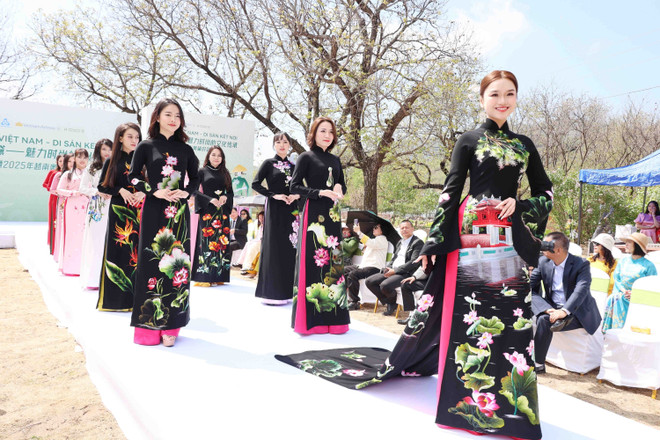
Cultural diplomacy activities, with the participation of the entire political system, from the diplomatic sector, the culture-sports-tourism sector, to localities, businesses, and people, will contribute to promoting and building Vietnam into an attractive destination for international cultural and artistic events, connecting famous foreign media channels, famous and influential figures in the world to introduce Vietnamese culture effectively, vividly and reach many audiences.
Third, cultural diplomacy actively contributes to building the country's position and prestige, enhancing the country's soft power and comprehensive strength in the new era.
In the context of deep and comprehensive integration, making the international community understand the country, culture, people and progressive policies of Vietnam is extremely important, contributing to enhancing the position, image and overall strength of the country.
Cultural diplomacy affirms its pioneering role in promoting soft power, creating an image of a peaceful, friendly, dynamic and creative nation, and actively contributing to the development of the region and the world.
Finally, cultural diplomacy needs to be proactively, actively, creatively and innovatively deployed in the overall foreign affairs and international integration activities, closely following the requirements set by General Secretary To Lam for the diplomatic sector: "Smoothly combine culture with diplomacy, culture in diplomacy, making each foreign affairs activity not only have profound cultural content but also become a cultural activity; culture is both a means, a motto, a principle and a goal of foreign affairs, constantly multiplying the nation's soft power to new heights."
Thus, in the new era, the era of aspirations to rise up and integrate deeply, cultural diplomacy is not simply a choice, but a strategic requirement, a historical mission for our country to firmly enter a new stage of development - prosperous in economy, rich in culture and solid in position in the international arena./.
Source: https://www.vietnamplus.vn/ngoai-giao-van-hoa-cung-co-suc-manh-mem-trong-ky-nguyen-vuon-minh-cua-dan-toc-post1062293.vnp



![[Photo] Science and Technology Trade Union honors exemplary workers and excellent union officials](https://vphoto.vietnam.vn/thumb/1200x675/vietnam/resource/IMAGE/2025/9/17/842ff35bce69449290ec23b75727934e)



![[Photo] General Secretary To Lam chairs a working session with the Standing Committee of the Government Party Committee](https://vphoto.vietnam.vn/thumb/1200x675/vietnam/resource/IMAGE/2025/9/17/cf3d855fdc974fa9a45e80d380b0eb7c)



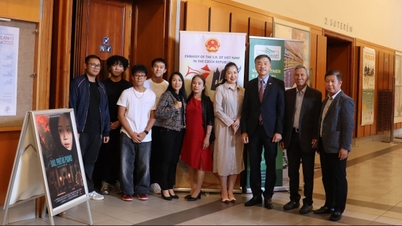
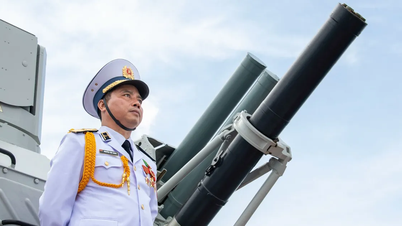

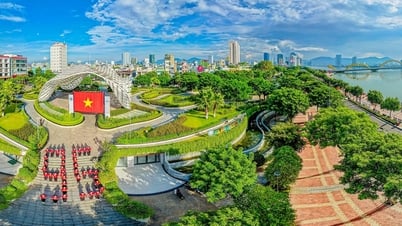

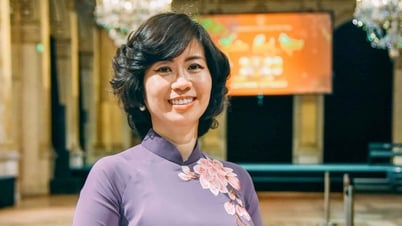
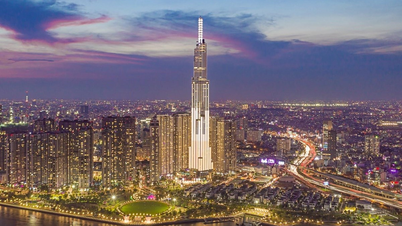





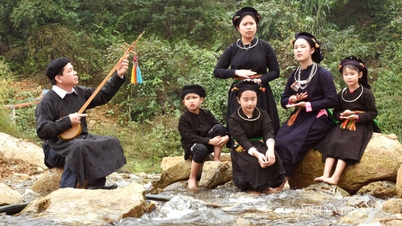



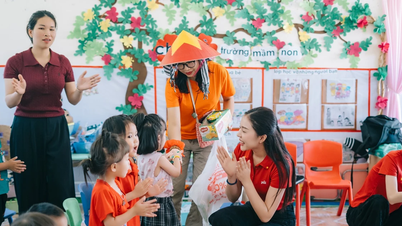




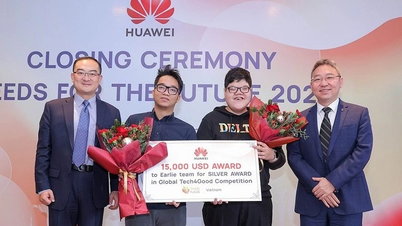
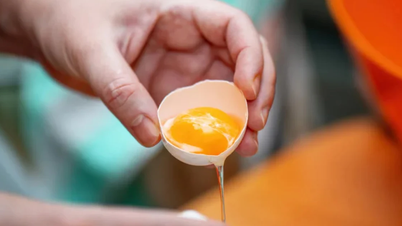
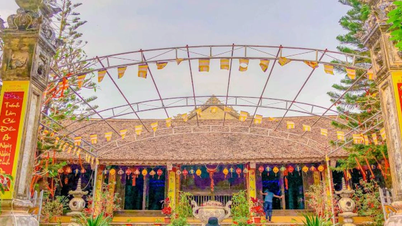


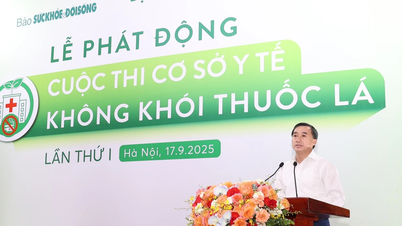


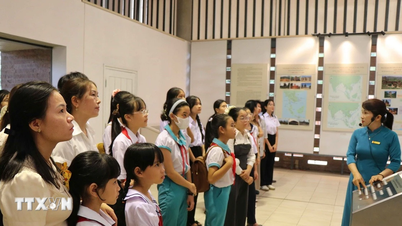

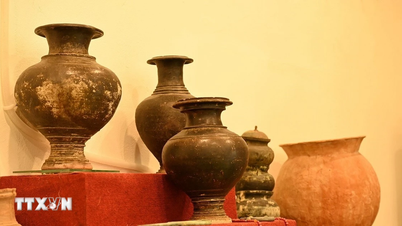




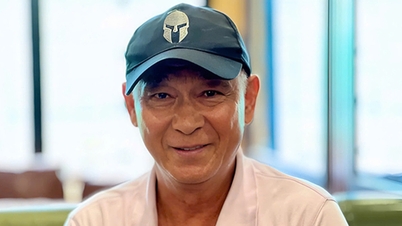

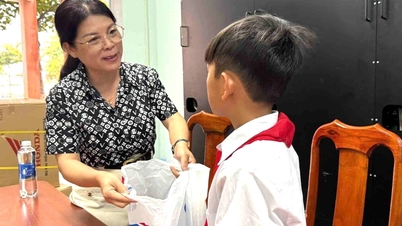
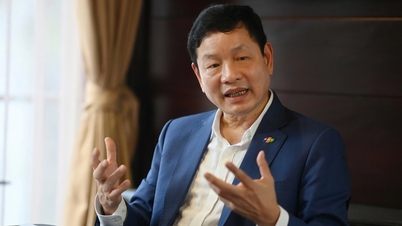



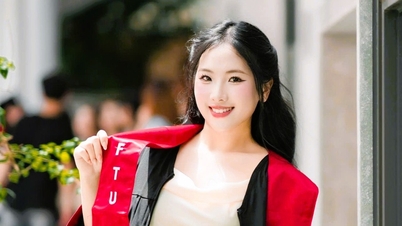
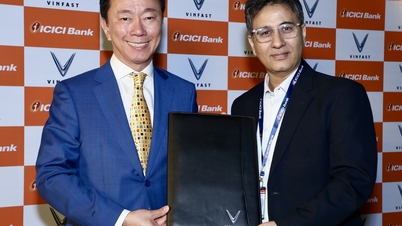


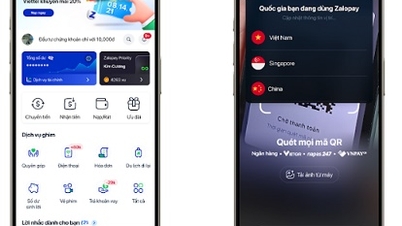


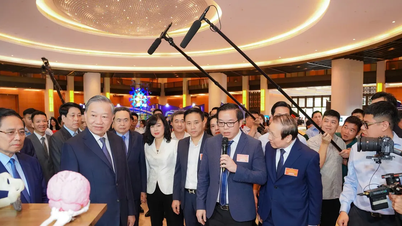



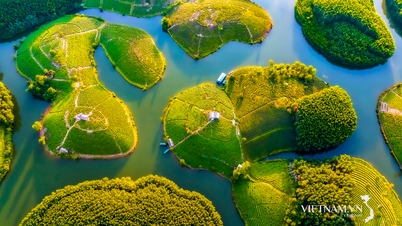



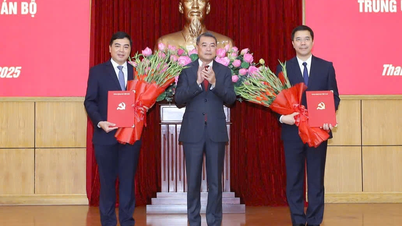
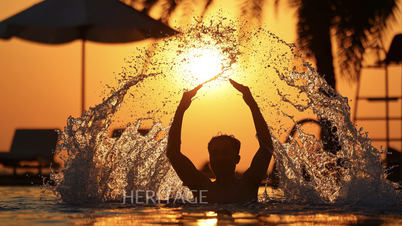













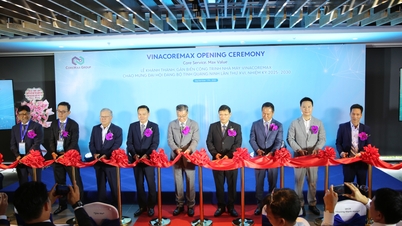



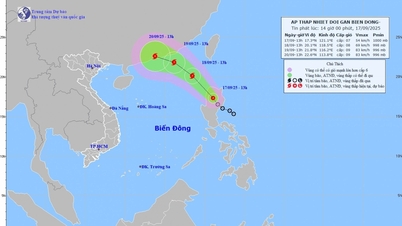





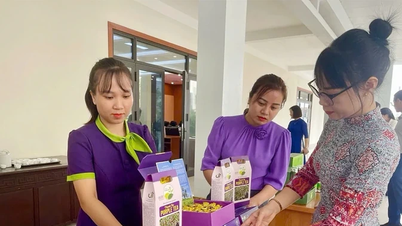









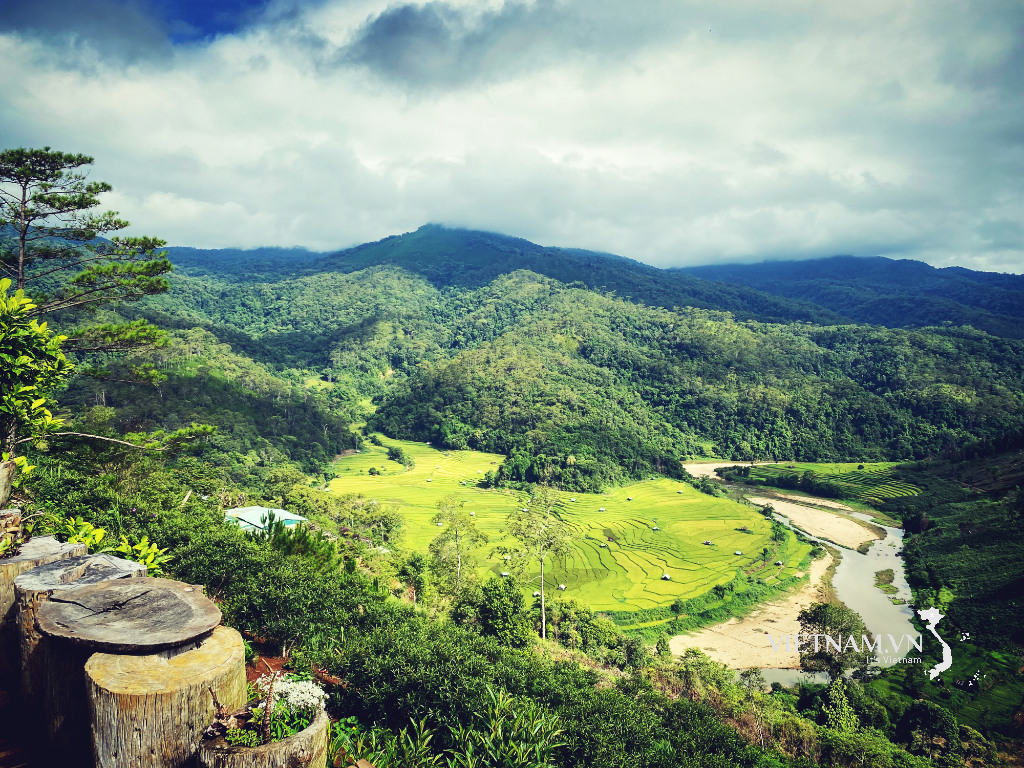


Comment (0)